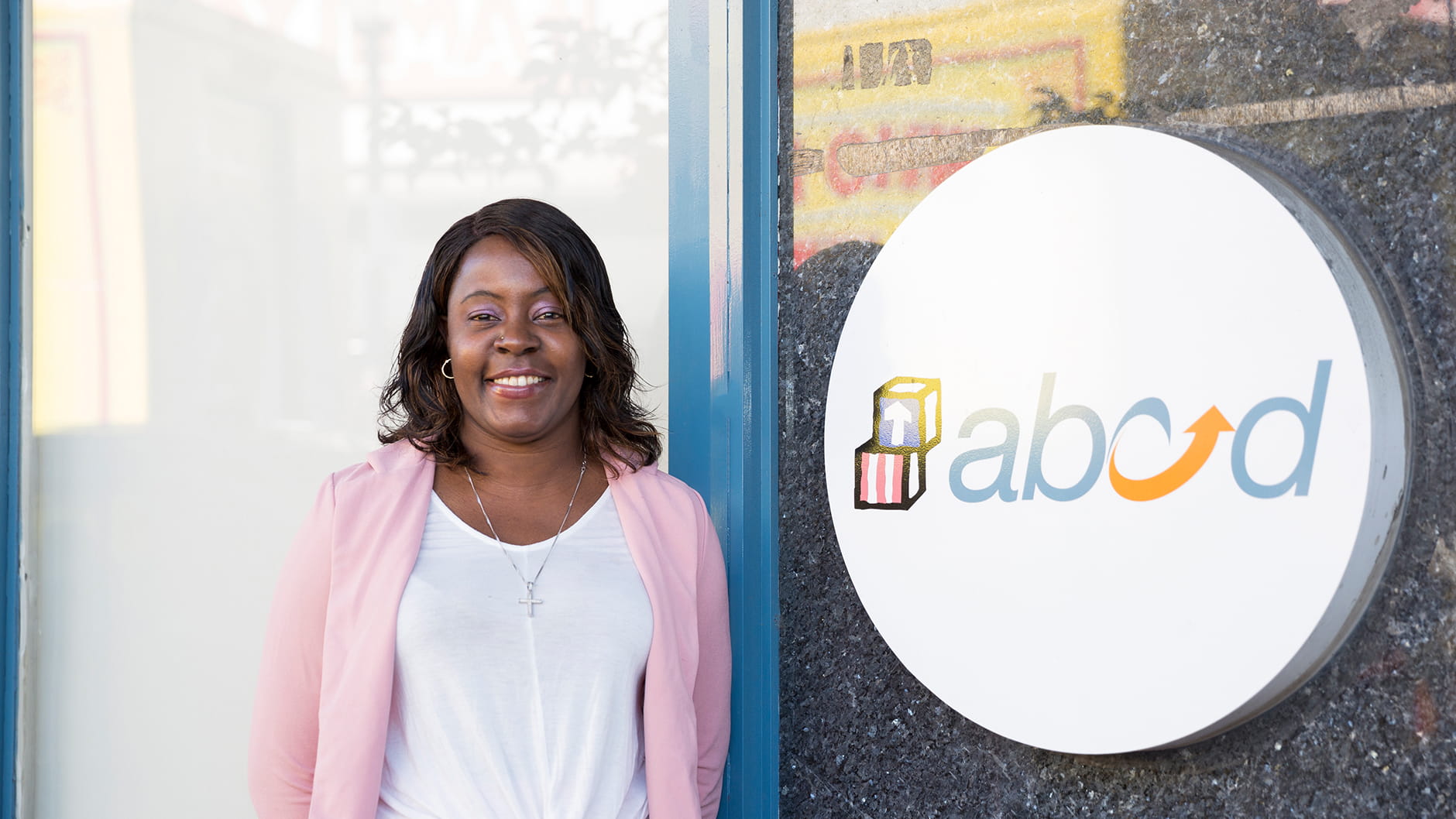It’s not much of a secret that a large portion of Endicott College’s current student population is from New England. In fact, for those unfamiliar with our college, here are some key statistics provided by Director of the Endicott Research Center Donny Femino that echo that statement:
· 52% are from Massachusetts, excluding international students.
· 88% are from New England, excluding international students.
· Top states include:
· Massachusetts: 52%
· Connecticut: 17%
· New Hampshire: 9%
· New York: 6%
· Maine: 5%
· Vermont: 3%
· Rhode Island: 2%
· New Jersey: 2%
Traditionally, there has been an expectation that high school graduates must fly away from the nest to become their true selves, but Endicott is a different kind of place—a new Nest. Our Nest may not be geographically far from some peoples’ hometowns, but it manages to feel a world away thanks in large part to the sense of community it fosters.
So, for those who have upon graduation been inspired by the sage and ever-present book Oh, the Places You'll Go! by Dr. Seuss—for those considering running away to far off locales—weigh your options carefully. Consider schools both near and far before committing. Sometimes, the right place for you—the place where you fit—is within driving distance.
How to Choose
Associate Dean of Admission George Sherman says, “There are roughly 5,300 colleges and universities in the United States, and why a student (and parent) elects to apply to one, and not another, is based on several key search and qualification indicators; Most notably, college readiness, two year or four year options, public versus private, cost, reputation, size, preferred academic program, campus culture, community, safety, location, and FIT!”
He elaborates, “College resource guides like The Princeton Review, The Fiske Guide to Colleges, The Colleges that Change Lives, U.S. News & World Report, Barron's Profiles of American Colleges, etc. review and rate colleges on all the aforementioned indicators, and much more. Although these guidebooks are a valued resource for consumers, a top tier college designation for one college hopeful may not be the same for another. Selecting the ‘right fit’ college is a very personal decision that requires a tremendous amount of research and thought.”
If you are struggling when it comes to finding your fit, consider the following:
Community Networking Options
If you are interested in building your adult life in your home town (providing there are ample personal and career opportunities) then it makes perfect sense to stay closer to home for college; especially if you live near to a city like Boston.
Sherman says, “Often the best initial post-graduate career opportunities will be in the region where your college is located in terms of alumni connections, career outreach, and contacts. Your job search may prove more challenging if your ultimate goal is to return home.” However, if you do plan to relocate permanently, by all means, branch out!
Financial Aid & Overall Cost
Enrolling in a local college is likely more economical as it eliminates travel costs as well as costs associated with establishing yourself in a new location. However, financial aid packages run the gamut, so review yours thoroughly.
Anxiety & Fear of Missing Out (FOMO)
Assistant Director of Counseling Center Lindsey Shrayer says, “There can be an increase in anxiety and stress related to college transition. Choosing a school closer to home allows students to increase independence and feel more comfortable in the adjustment as they are familiar with the surroundings, have easier access to family, friends and additional supports, and may feel an added confidence in sharing their community with those students who are not close to home. Access to known medical providers, faith connections, as well as employment and volunteer opportunities, can also assist students in feeling a greater sense of stability during this time period.”
Sherman explains that choosing a local school can also, “lessen the FOMO family functions and responsibilities” might generate.
Expand Your Horizons, Literally
Some people, like Neale Donald Walsch believe “success begins at the end of your comfort zone,” so if you feel that a faraway college is a better overall fit, start your journey.
Across the country and even throughout the world there are options for your educational future, and narrowing them down may hinge on your individual perception of a campus. You can book a virtual campus tour, information session, or a one-on-one chat with Admission or an Endicott student at endicott.edu/admission/plan-a-visit.


